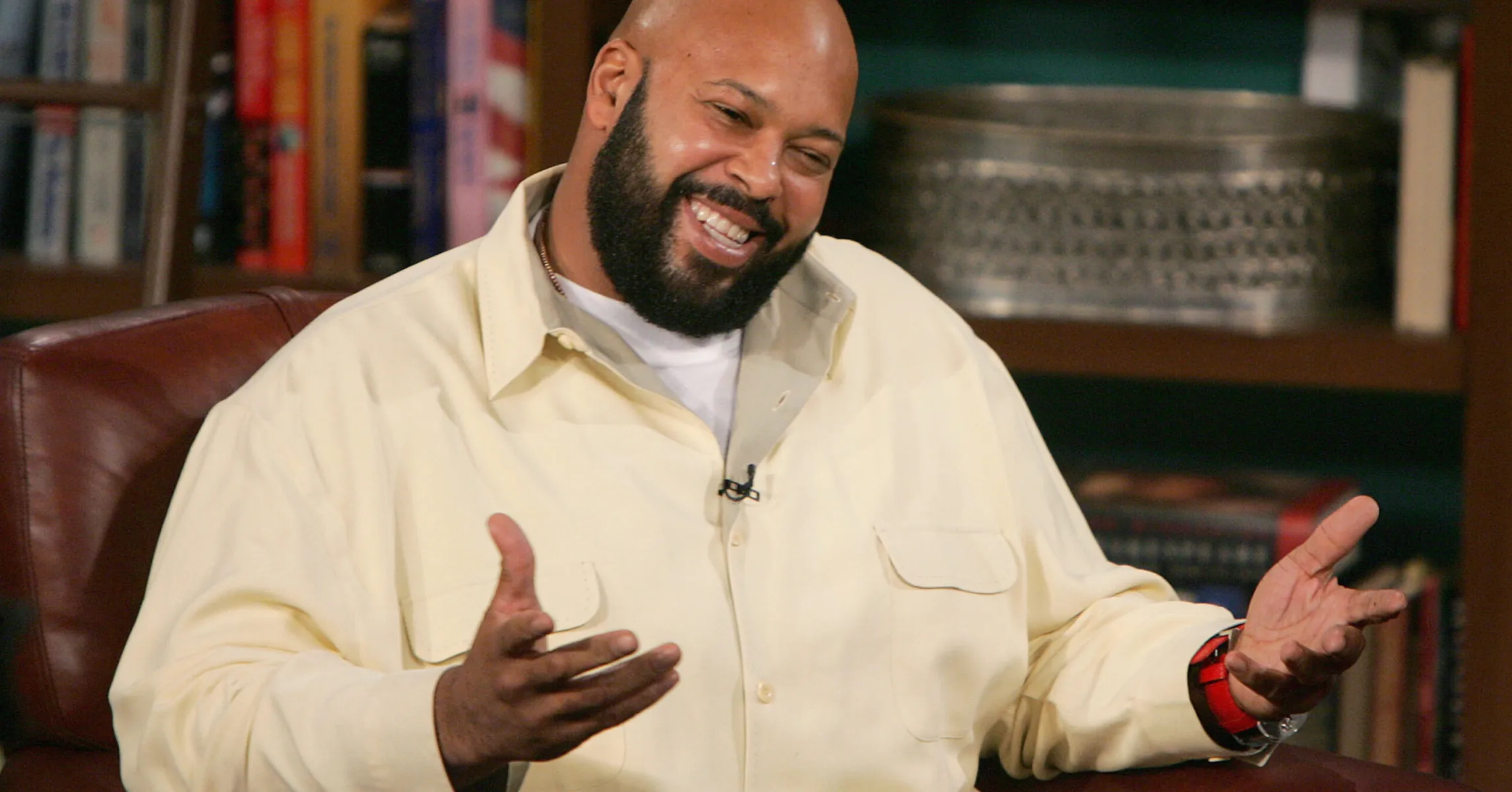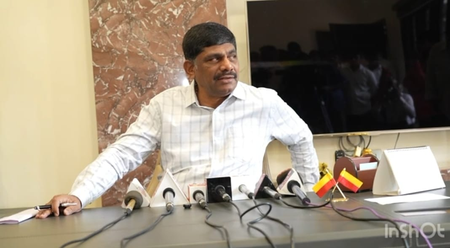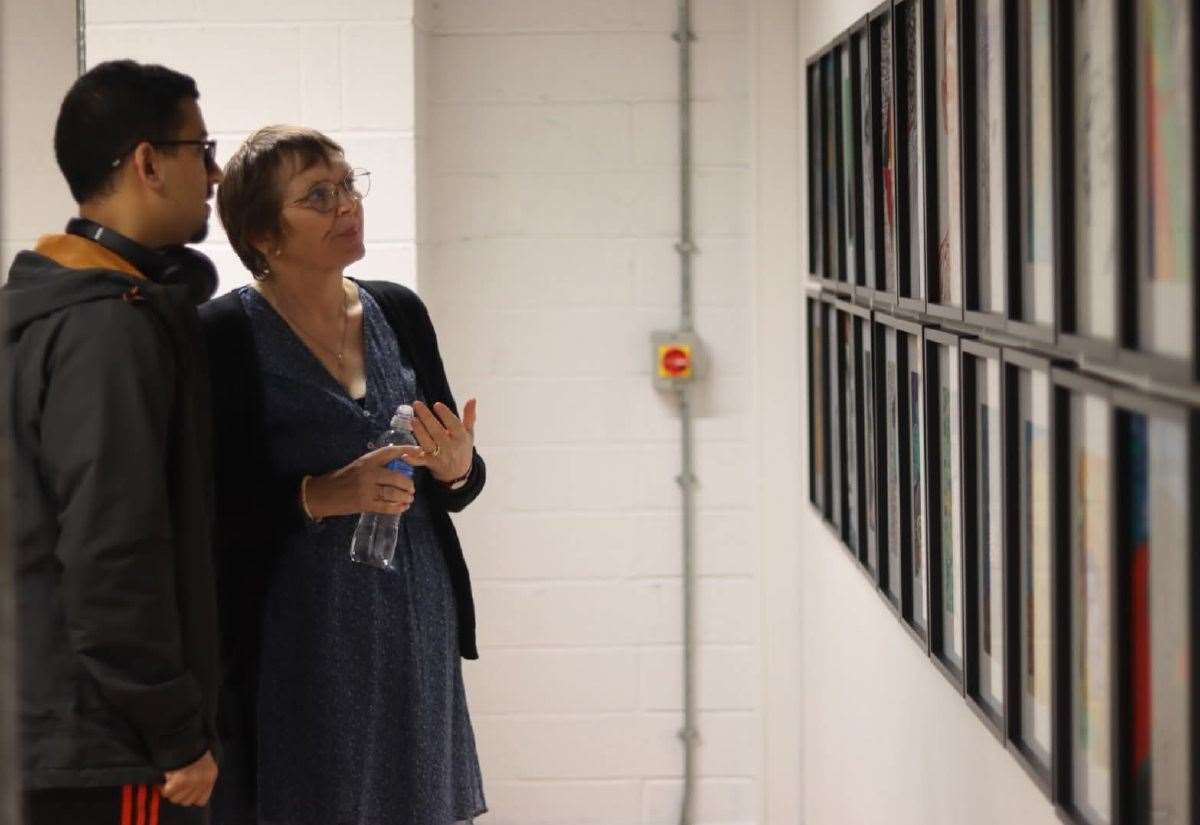Copyright jowhar

When Rumour Turns Personal: Inside the Trial Over the First Lady’s Online Harassment On a damp morning in Paris, the stone façade of the Palais de Justice looked every bit the backdrop for a drama that is only possible in the age of the internet: a trial that pits shredded reputations and recycled lies against the fragile dignity of a family. Tiphaine Auziere, the 41-year-old daughter of France’s first lady, Brigitte Macron, sat in a courtroom and spoke in a voice that was at once careful and fierce. “She’s constantly having to pay attention to what she wears, how she holds herself because she knows that her image can be distorted,” she told the judge. “This isn’t vanity — it’s survival.” The survival she described is daily and intimate: grandchildren apparently told that their grandmother was a man; a public figure forced to count every gesture, every photo, as if any moment might be turned into ammunition for an online mob. Those are the human consequences at the heart of a Paris case that has seen ten defendants — eight men and two women, ages ranging from 41 to 65 — accused of cyberbullying the 72-year-old first lady. If convicted, they face up to two years in prison. A rumour that refuses to die The allegation at the centre of the case sounds absurd and cruel in equal measure: a recycled claim, amplified and repurposed by conspiracy channels at home and abroad, that Brigitte Macron was assigned male at birth. It’s a tidy little hoax for the internet to chew on — it ties into the couple’s highly visible 25-year age gap and a global culture war over gender that has proved fertile ground for misinformation. “We’re not just talking about an insult,” Tiphaine said. “This is an effort to erase who she is, to rewrite her history in the most intimate way.” The story has roots in earlier claims, one of which involved a four-hour YouTube interview in 2021 and led to a civil libel case. That ruling was later overturned on appeal, and the matter has continued to swirl in French and international online echo chambers. In late July the presidential couple took the extraordinary step of filing a defamation lawsuit in the United States, targeting content — including a series called “Becoming Brigitte” produced by a conservative podcaster — that has found an audience across the Atlantic in the fraught environment of American gender debates. Faces in the dock, voices in the wind Not everyone on trial accepted responsibility in the courtroom. Aurelien Poirson-Atlan, a publicist often associated with conspiracy circles and better known online under the name “Zoe Sagan,” insisted he was the one being harassed. “I am being targeted,” he told reporters outside the court, his voice raw with indignation. Another defendant, identified as Jérôme C., defended his posts as “freedom of speech” and “satire,” words that have become a reflexive shield for provocative online behaviour. “We’re here because someone wants to police thoughts,” complained Bertrand S., one of the defendants, describing the trial as an attack on his “freedom to think” in the face of what he called the “media deep state.” There are also more familiar characters — a self-proclaimed spiritual medium who spread the claim on YouTube, and other figures who recycled the same falsehood across networks. Some of the posts that found their way into evidence in Paris were direct echoes of content originating in the United States. Beyond a single case: what this tells us about the internet age Look carefully at this courtroom and you see a catalogue of modern dangers: the ease with which falsehoods cross borders, the speed at which online mobs assemble, and the way personal life becomes public spectacle. It’s an example of how defamation and cyber-harassment have turned private pain into a kind of public theatre. Consider the broader picture. Studies over the last decade have repeatedly warned us that online harassment is widespread and that women, public figures and marginalized groups are often the targets. A Pew Research Center study, for instance, documented that a large share of internet users in the United States had experienced some form of harassment online. In Europe, policymakers and regulators have grappled with how to curb disinformation and protect individuals without stifling free expression — a balancing act Thomas Paine might not recognize, but one modern democracies continually perform. “We’re looking at a collision between personality politics and weaponized storytelling,” said Dr. Marie Dupont, a media scholar in Paris who has followed the case. “Rumours metastasize when they align with pre-existing anxieties — in this case, about gender, about power, about authenticity.” Across borders and platforms There’s another striking element to this case: its international reach. Material circulating in the United States — including podcasts and social-media series — was reposted and amplified in France. The couple’s decision to file a defamation lawsuit in the U.S. underscores how national legal systems are being dragged into global information wars. “Platforms create constellations where a lie can be recycled by a hundred people and appear newly factual a hundred times over,” said a Paris lawyer specialising in media law, who asked not to be named. “Legal remedies exist, but the damage is done in the milliseconds before law catches up.” At the local level: small scenes with big meaning Outside the courthouse, life continued in small, revealing ways. A man in a corner bistro near the Seine shook his head and said, “I don’t care about politics — but this is nasty. It’s one thing to criticise, another to destroy.” A café owner spoke of customers who used the trial as a topic for anxious conversation, as if the whole country were collectively figuring out the rules for a new social era. For the Macron family, the trial is about more than reputation. Tiphaine’s testimony put a human face on abstract legalese; she spoke of grandchildren who had been confused, and an elderly mother whose health, she said, had deteriorated under the weight of persistent lies. “It’s about children asking questions I never imagined they’d ask,” she said quietly. “That’s the wound.” Questions worth asking What do we owe each other in a public square that is global and name-less? How do we balance protection from harm with a cherished, messy freedom to speak? And perhaps most urgently: what responsibility do platforms, influencers and audiences bear when a rumour crosses an ocean and lands in someone’s home? There are no easy answers. This trial — noisy, emotional and emblematic — is one of many fronts where democratic societies are testing whether their laws, norms and institutions can protect individuals from a kind of cruelty that looks new but is, at its heart, very old: the urge to stigmatize and humiliate the other. As the case continues, it offers a small but important lesson. In an era of rapid amplification, the dignity of a single human life can hinge on how quickly falsehoods are corrected — and on whether the public decides, in the end, to care. Will we be bystanders, or will we insist on a standard of decency in digital life? The answer may shape more than one courtroom in years to come.



